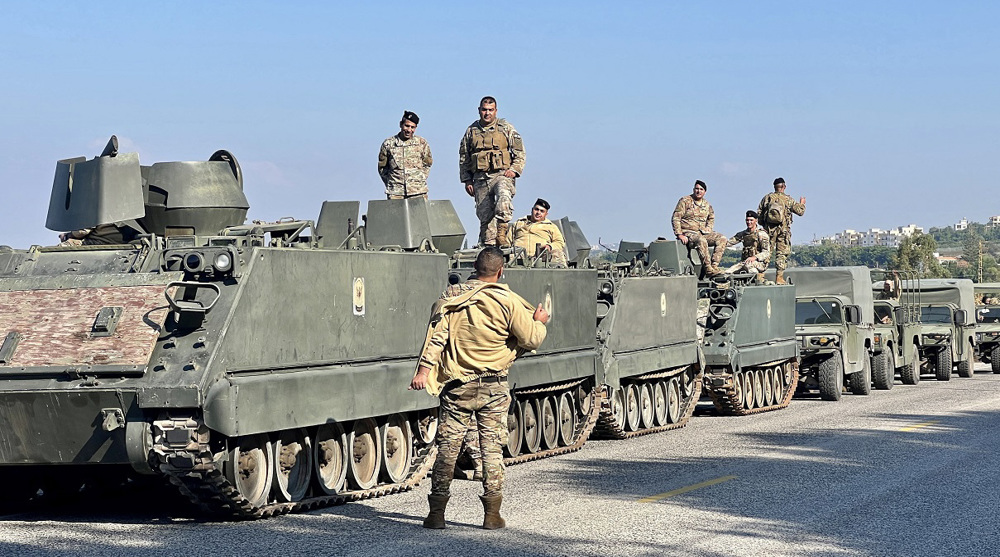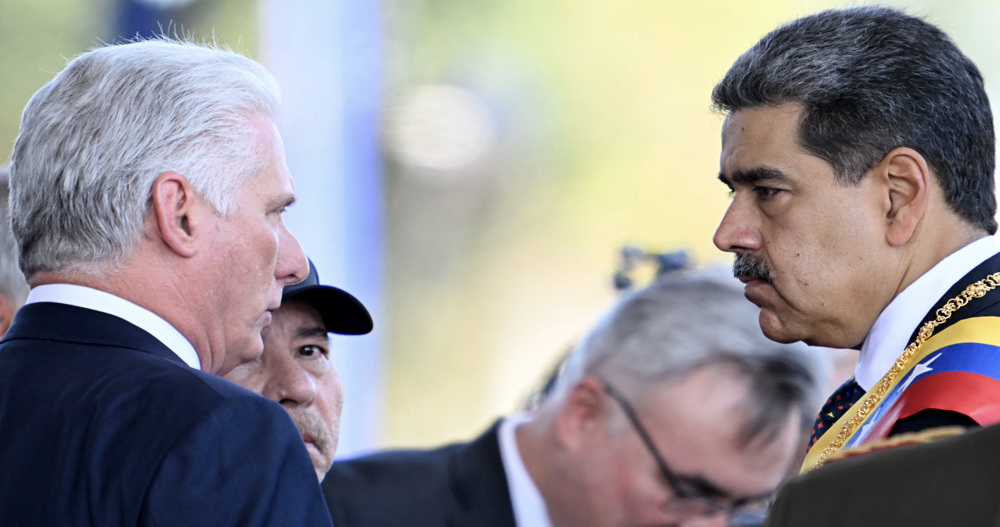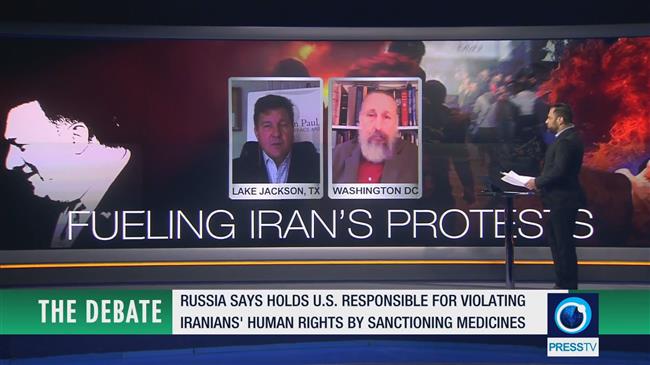US urges social media to block accounts of top Iranian officials
The US State Department has called on Facebook, Instagram and Twitter to block the accounts of Iranian government leaders over an Internet blackout that began in the country following riots over fuel price hikes.
Tehran says it had restricted access to the Internet as a group of “saboteurs” were using online services like navigation and maps to coordinate their activities in large cities across the country.
The government nevertheless has begun reestablishing Internet connectivity after around 100 of the ringleaders of the riots were apprehended.
Now, Brian Hook, special US representative for Iran, is calling on the giant social media networks to suspend the accounts of Iranian leaders.
"One of the things that we are calling on are social media companies like Facebook and Instagram and Twitter to shut down the accounts of Supreme Leader (Ali) Khamenei, the Foreign Minister (Mohammad Javad) Zarif and President (Hassan) Rouhani until they restore the Internet to their own people," Hook said in an interview with Bloomberg posted on the official State Department Twitter account.
While Facebook and Instagram have not responded to a request for comment from AFP, Twitter said it had no comment.
Meanwhile, senior Iranian officials have slammed the US interference and double standards regarding the protests.
When the riots broke out, US Secretary of State Mike Pompeo was quick to take to Twitter to support the violent acts of rioters, whom he described as “the people of Iran.”
Separately, the White House released a statement last Sunday, supporting "the Iranian people” in their protests.
On Friday, the US Treasury Department’s Office of Foreign Assets Control imposed sanctions on Iran's Minister of Information and Communications Technology (ICT) Mohammad Javad Azari Jahromi over the nationwide shutdown of the Internet.
Last Friday, the government raised Iran’s extremely cheap gasoline prices in order to moderate the national consumption rate, which stands at 110 million liters per day, 40 million liters above the maximum domestic requirement.
The government also announced a number of aid and subsidiary programs to protect vulnerable households from the adverse effects of the measure.
The price reform, required by Iranian legislature and essential as US-imposed sanctions seek to deplete Iran's budgetary resources, had been long delayed due to concerns about probable backlash.
The measure prompted initially peaceful protests, but riotous elements, abusing the situation, quickly entered the scene, destroying public property, setting ablaze banks and gas stations among other facilities.
Hot water and sewage: Palestinians share harrowing tales of torture in Israeli prisons
VIDEO | Thousands evacuated in Ethiopia amid earthquakes, volcanic eruption fears
Revealed: Israeli ministers eye restoration of illegal settlements in Gaza through genocide
How Los Angeles’ pistachio tycoons facilitated and profited from wildfires
Iraqi PM: Iran was in Syria to fight terrorism; presence requested by Damascus
Hamas: Israel's massacre in Jenin camp won’t break resistance
60 bodies recovered from abandoned South African gold mine: Police
Biden administration ‘quietly’ circumnavigating own ban on TikTok: Report















 This makes it easy to access the Press TV website
This makes it easy to access the Press TV website